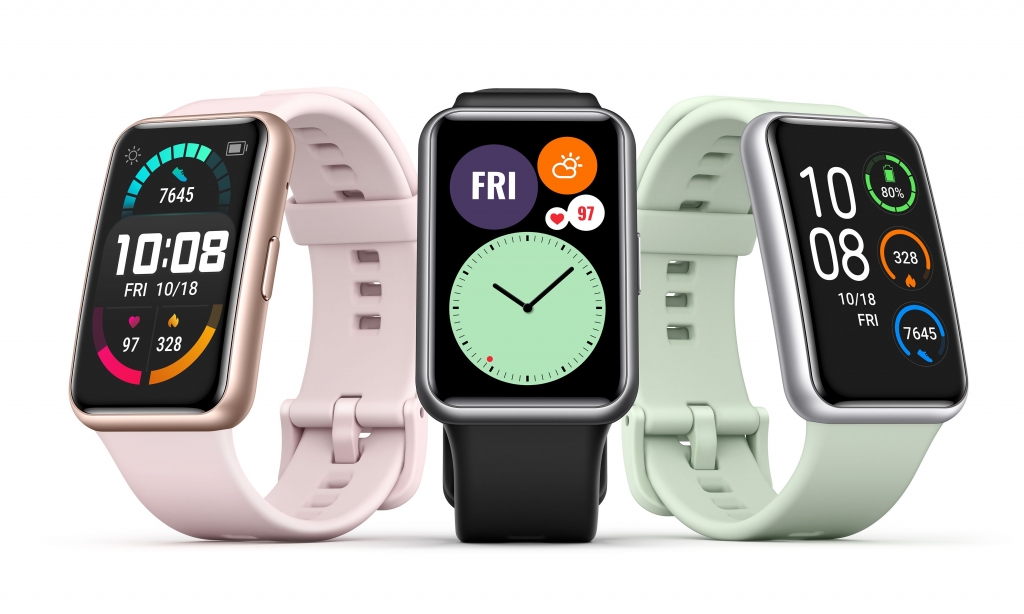
Huawei Heart Study Cited In 2020 Esc Guidelines For The Diagnosis And Management Of Atrial Fibrillation
The 2020 ESC guidelines for the diagnosis and management of atrial fibrillation[1] – published during the annual premier event on cardiovascular medicine, ESC Congress 2020 – cited HUAWEI Heart Study in recognition of the effectiveness of Huawei’s wearables in detecting atrial fibrillation (AF)[2]. The ESC guidelines integrate new scientific findings and evidence with the goal of assisting healthcare professionals in proposing the best recommendations for AF management.
HUAWEI Heart Study is a HUAWEI Research study conducted by Huawei and 301 Hospital in China. It looks into the application of smart wearable technology in cardiovascular disease management, leveraging Huawei and 301 Hospital’s expertise in their respective fields. Findings from the on-going study have been presented in numerous global healthcare conferences and respected medical journals, including the Journal of American College of Cardiology and European Heart Journal in April and May 2020 respectively.
Atrial fibrillation is a common heart rhythm disorder, with symptoms including irregular heartbeat, shortness of breath, difficulty in breathing, and even fainting and strokes in more severe episodes. However, AF can be hard to diagnose as episodes tend to be short and irregular, leading to delayed intervention and treatment.
The 2020 ESC guidelines for AF diagnosis and management recommend the adoption of the Atrial fibrillation Better Care (ABC) holistic pathway for the integrated care of AF patients. The pathway consists of avoiding stroke, better symptom control, as well as cardiovascular risk factors and comorbid conditions management. The guidelines noted that the adoption of this holistic pathway significantly reduces the patients’ risk of death and the incidence of cardiovascular disease, and cited Huawei and 301 Hospital integrated platform as a solution that is proven effective in facilitating effective AF management.
As cited in the 2020 ESC guidelines, in the HUAWEI Heart Study, 187,912 individuals used Huawei’s wearable products in conjunction with 301 Hospital’s mobile atrial fibrillation app (mAFA) to monitor their heart rhythm. Of these participants, 0.23 percent received a “suspected AF” notification and among those who followed up, 87 percent were confirmed as having AF[3], demonstrating the effectiveness of the solution in identifying patients with the disorder. Furthermore, 95.1% of the diagnosed users were referred to the mAFA platform for AF management services provided by the 301 AF Management Centre.



























